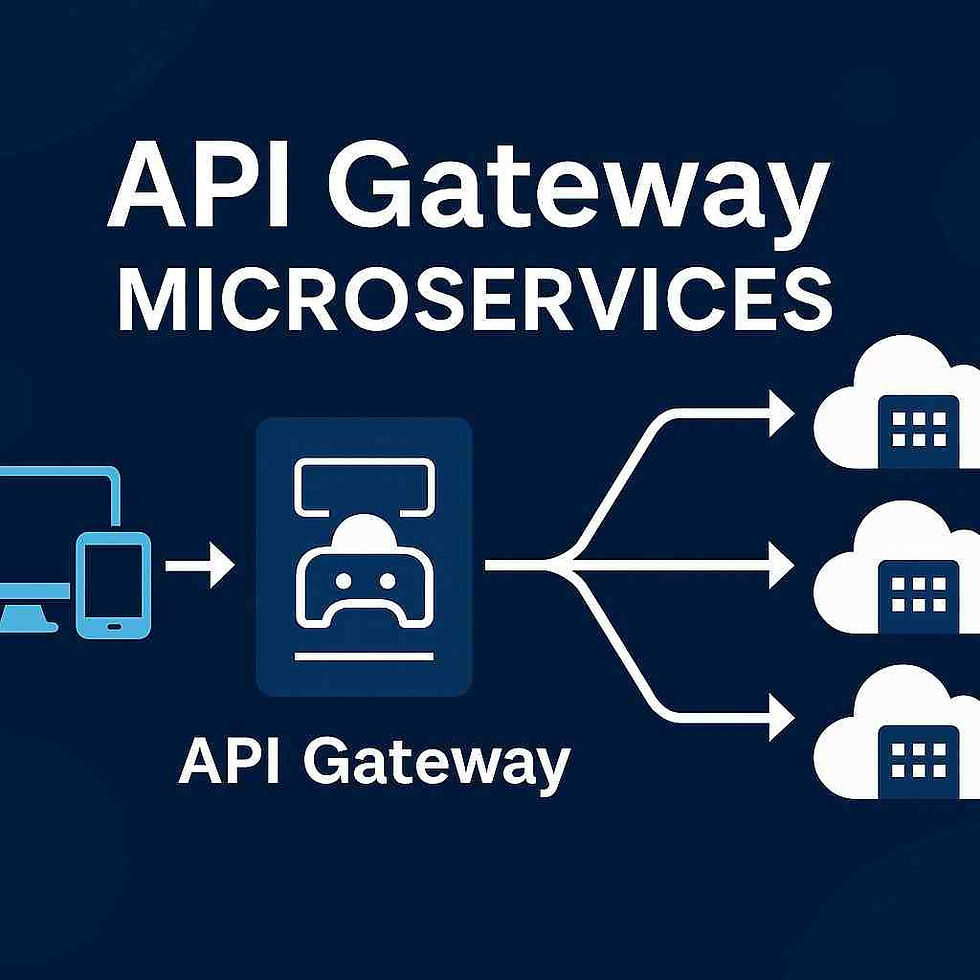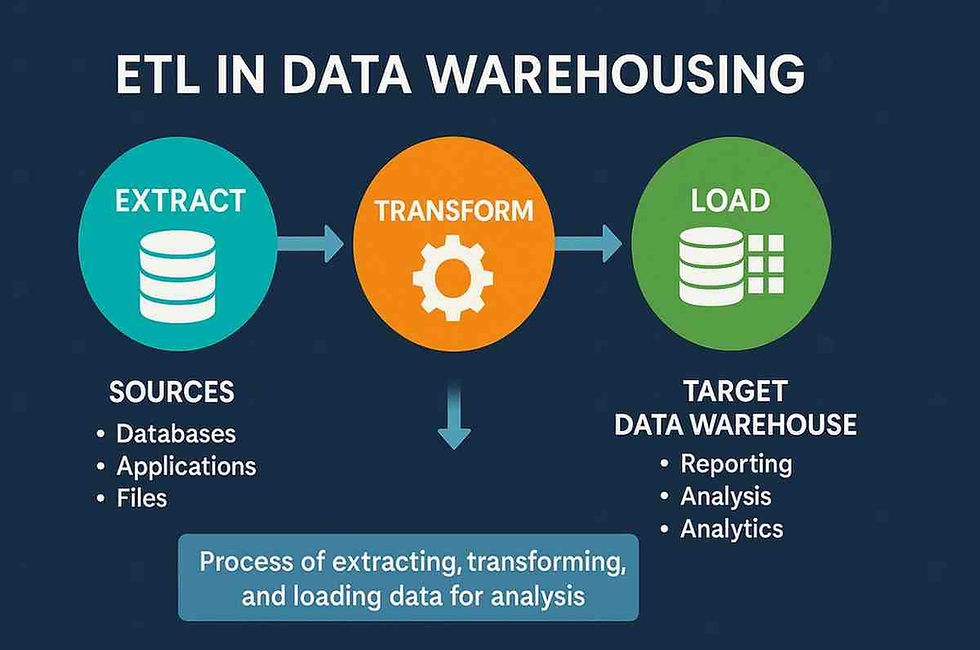Guide to Landing a Software Tester Job: Skills and Tips
- Gunashree RS
- Aug 7, 2024
- 6 min read
Updated: Sep 21, 2024
Introduction
In today's technology-driven world, software testing has become a crucial aspect of the software development lifecycle. As organizations strive to deliver high-quality software products, the demand for skilled software testers is on the rise. However, breaking into this field can be challenging, especially for newcomers. This guide provides an in-depth look at the skills required, tips for landing your first job, and insights into what it takes to succeed as a software tester.
What is a Software Tester?
A software tester is a professional responsible for evaluating software applications to identify bugs, defects, or any inconsistencies in the software's functionality and performance. They play a pivotal role in ensuring that the software meets the specified requirements and delivers a seamless user experience. Software testers use various testing techniques and automation tools to achieve these goals.

Why Should You Become a Software Tester?
Embarking on a career as a software tester can be rewarding for several reasons:
High Demand: The growing importance of software quality assurance has led to an increased demand for software testers.
Competitive Salary: Software testers often enjoy competitive salaries and benefits.
Continuous Learning: The dynamic nature of technology ensures that software testers are always learning and evolving.
Diverse Opportunities: Software testing offers diverse career paths, including manual testing, automated testing, performance testing, and more.
Skills Required to Get Started as a Software Tester
To become a successful software tester, you need to develop a blend of technical and soft skills. Let's explore these skills in detail:
Technical Skills
Understanding of Software Development Life Cycle (SDLC)
A solid understanding of the SDLC is essential for software testers. It helps them comprehend the different stages of software development and the role of testing in each phase.
Proficiency in Testing Tools
Familiarity with various testing tools is crucial. Some commonly used tools include:
Selenium: For automated web application testing.
JIRA: For bug tracking and project management.
Postman: For API testing.
TestRail: For test case management.
Programming Knowledge
Basic programming knowledge is beneficial, especially for those interested in automated testing. Popular programming languages for testers include Java, Python, and JavaScript.
Experience with Test Automation Frameworks
Knowledge of test automation frameworks such as Selenium WebDriver, Cypress, and Playwright is valuable. These frameworks help in writing automated test scripts.
Soft Skills
Attention to Detail
Software testers must have a keen eye for detail to identify even the smallest defects in software applications.
Analytical Thinking
Strong analytical skills are essential for understanding complex software systems and identifying potential issues.
Communication Skills
Effective communication is crucial for documenting bugs, writing test cases, and collaborating with developers and other stakeholders.
Problem-Solving Skills
Software testers often encounter unexpected issues. The ability to think critically and solve problems is vital.
Most Useful Skills for a Software Tester
While technical skills are important, certain soft skills can greatly enhance your effectiveness as a software tester:
Giving Effective Actionable Feedback
Providing clear, constructive feedback helps developers understand and fix issues efficiently. This skill involves:
Clarity: Clearly describe the issue and its impact.
Actionability: Suggest specific actions to resolve the issue.
People Skills
Interacting with different team members, understanding their perspectives, and working collaboratively are essential aspects of a tester's role.
Assessing Risk
Assessing the risk associated with different parts of the application helps prioritize testing efforts. This involves understanding the likelihood and impact of potential defects.
Asking Questions
Curiosity and the willingness to ask questions can uncover hidden issues and ensure a comprehensive understanding of the application.
How to Learn the Skills that Are Most Useful to You as a Software Tester
Learning Test Automation Skills
Start by choosing a popular test automation framework and programming language. Some recommendations include:
Selenium WebDriver in Java: Widely used with extensive documentation.
Cypress in JavaScript: Known for its fast, reliable testing capabilities.
API Testing in Python: Useful for testing backend services.
Playwright in JavaScript: A modern testing framework for web applications.
Utilize resources like Test Automation University and online courses to upskill.
Working in an Agile Environment
Understanding Agile methodologies is crucial as most companies follow Agile practices. Key aspects include:
Scrum Framework: Learn about sprints, daily stand-ups, and sprint retrospectives.
Collaboration: Emphasize the importance of communication and teamwork in Agile settings.
Writing Bug Reports
Effective bug reports are clear, concise, and reproducible. Focus on:
Descriptive Titles: Summarize the issue in a few words.
Detailed Descriptions: Include steps to reproduce, expected results, and actual results.
Supporting Evidence: Attach screenshots, logs, or videos if necessary.
Giving and Receiving Feedback
Developing feedback skills can be enhanced through platforms like Toastmasters, which provide opportunities to give and receive constructive feedback.
Developing People Skills
Improving people skills involves:
Active Listening: Paying full attention to others and acknowledging their points.
Empathy: Understanding and sharing the feelings of others.
Effective Communication: Practicing clear and respectful communication.
Assessing Risk in Testing
Risk assessment involves understanding the probability and impact of potential issues. Consider:
Common Use Cases: Focus on frequently used features.
Critical Functions: Identify areas with significant business impact.
Past Issues: Review historical data to identify recurring problems.
Tips for Landing Your First Job as a Software Tester
Build a Strong Foundation
Start with a solid understanding of fundamental testing concepts and methodologies. Online courses, books, and tutorials can be valuable resources.
Gain Practical Experience
Hands-on experience is crucial. Consider:
Internships: Seek internships or volunteer opportunities to gain real-world experience.
Open Source Projects: Contribute to open source projects to build your portfolio.
Create a Compelling Resume
Your resume should highlight relevant skills, experiences, and projects. Include:
Technical Skills: List programming languages, tools, and frameworks you're proficient in.
Projects: Detail any testing projects you've worked on, including your role and outcomes.
Certifications: Mention any certifications, such as ISTQB or Test Automation University courses.
Network and Build Connections
Networking can open doors to job opportunities. Attend industry events, join online forums, and connect with professionals on LinkedIn.
Prepare for Interviews
Prepare for interviews by:
Practicing Common Questions: Review common software testing interview questions.
Showcasing Projects: Be ready to discuss your projects and the testing methodologies you used.
Demonstrating Problem-Solving Skills: Expect problem-solving questions to assess your analytical abilities.
Stay Updated with Industry Trends
Stay informed about the latest trends and advancements in software testing by:
Reading Blogs: Follow industry blogs and websites.
Joining Communities: Participate in online communities and forums.
Attending Webinars and Conferences: Gain insights from experts and network with peers.
Conclusion
Embarking on a career as a software tester requires a blend of technical skills, soft skills, and practical experience. By focusing on continuous learning, gaining hands-on experience, and networking with industry professionals, you can position yourself as a strong candidate for software testing roles. Stay updated with industry trends and best practices to ensure long-term success in this dynamic and rewarding field.
Key Takeaways
Develop a solid understanding of fundamental testing concepts and methodologies.
Gain practical experience through internships, open-source projects, and volunteering.
Build a compelling resume highlighting relevant skills, experiences, and projects.
Network with industry professionals to uncover job opportunities.
Stay updated with industry trends and advancements in software testing.
Prepare for interviews by practicing common questions and showcasing your projects.
FAQs
What is a software tester?
A software tester is a professional who evaluates software applications to identify bugs, defects, and inconsistencies, ensuring the software meets specified requirements and delivers a seamless user experience.
Why should I become a software tester?
Becoming a software tester offers high demand, competitive salaries, continuous learning opportunities, and diverse career paths.
What technical skills are needed for a software tester?
Key technical skills include understanding the software development lifecycle, proficiency in testing tools, programming knowledge, and experience with test automation frameworks.
What soft skills are important for a software tester?
Important soft skills include attention to detail, analytical thinking, effective communication, problem-solving, and the ability to give and receive feedback.
How can I gain practical experience as a software tester?
Gain practical experience through internships, volunteering, contributing to open-source projects, and participating in online testing communities.
How do I prepare for a software testing interview?
Prepare by practicing common interview questions, showcasing your projects, demonstrating problem-solving skills, and staying updated with industry trends.
What are the best resources for learning test automation skills?
Recommended resources include Test Automation University, online courses, tutorials, and documentation for popular frameworks like Selenium, Cypress, and Playwright.
How important is networking in finding a job as a software tester?
Networking is crucial for finding job opportunities. Attend industry events, join online forums, and connect with professionals on LinkedIn to build your network.




Landing a job as a software tester can be an exciting challenge, but it requires a solid understanding of both testing methodologies and programming. The role involves identifying bugs, ensuring the software meets quality standards, and collaborating with developers to fix issues. If you're serious about landing a job, you might want to check out UK contractors where you can explore various contract opportunities, including software testing positions across the UK. Many companies are looking for skilled testers on a contract basis, providing flexibility and diverse opportunities. With the right expertise and the help of a robust platform like this, you can jump-start your career in the software testing industry.
Landing a software tester job involves developing a strong foundation in software testing principles, including manual and automated testing, understanding different testing tools, and staying updated with industry trends. Building experience through internships, personal projects, or even volunteering can enhance your profile. While applying for jobs, it's essential to focus on demonstrating problem-solving skills, attention to detail, and effective communication. For some positions, employers might inquire about nbi clearance requirements, as part of their hiring process, especially in positions involving sensitive information. However, these requirements can vary depending on the company or the nature of the project.